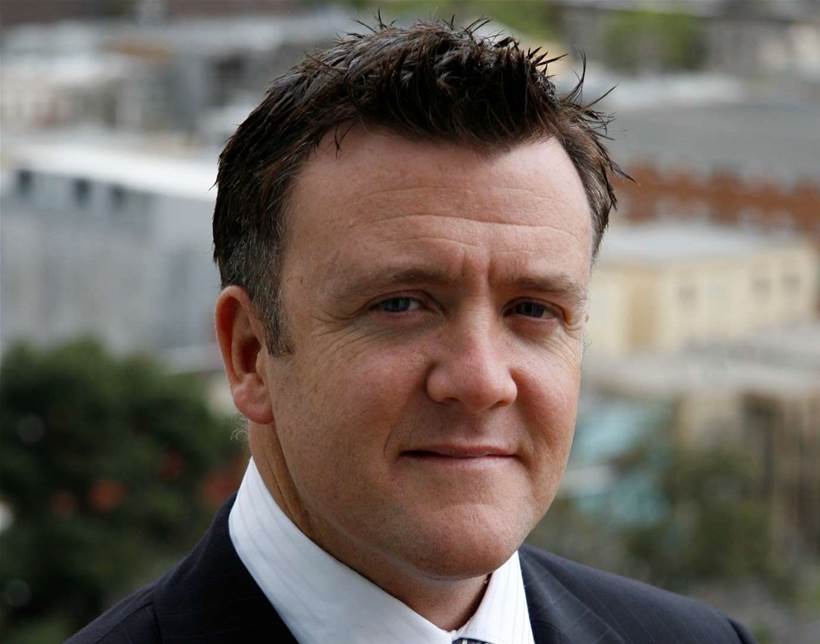ACS Victorian branch chair Craig Horne has "two raw heels and five black toenails" when Information Age calls.
A volunteer member of Bush Search and Rescue, he spent the Easter weekend searching Lake Eildon National Park for 11-year-old autistic boy Luke Shambrook, who went missing from a nearby campsite.
"We got called out Good Friday and I came back to Melbourne on Easter Monday," Horne told Information Age.
Shambrook was found alive and reunited with his family the following day. Horne said that having to leave the search while Shambrook was still lost was "awful" - but "when he was found I was in tears. It was amazing".
Horne's roles at Bush Search and Rescue is but one of his many hats.
He is also a full-time account director with managed infrastructure services provider Blue Central, chair of the ACS Victorian branch for the next two years, a part-time PhD student at the University of Melbourne studying information security strategy, and an occasional MC and speaker.
Throw a growing family with "two small boys" into the mix and Horne is officially busy. "I'm probably doing too many things," he said.
Still, he has big plans for the Victorian branch of the ACS and has wasted little time getting started.
"The performance of the Victorian branch executive committee over the last few years has been extremely strong and left us in a very good position," he said.
Horne plans to "shift the mindset, take a new direction and take a few risks over the next two years" of his ACS tenure.
One of his first actions has been to restructure some of the branch's many committees and get them on the same page working towards the achievement of a single statewide goal.
"We've got a number of subcommittees under the overall branch executive committee," Horne said. "I wanted to align their activities with the overall goal.
"I don't want them going off in different directions achieving their own goals which don't help us to achieve an overall goal. To do that I had to change a few committees- collapse a couple, and create some new ones. That way we can align our efforts."
Some of the new subcommittees focus on academia, business and not-for-profits. Horne has also led the establishment of a new public policy committee, which has been charged with "pushing public policy within Victoria, influencing state government policy, and improving the profession for ICT professionals."
Horne said the committee restructure was well-received and that "everyone seemed to volunteer" to be part of the new committees.
Among the new committees started under Horne's watch is a public policy committee that is responsible for pushing - and potentially influencing - state government policy outcomes.
Horne wants to make sure the IT profession's voice is loud and clear in the public policy arena.
"My vision is that I want to represent at least 51 percent of the IT profession so we can approach key stakeholders like the Victorian Government, put our hand on our heart and say, 'The profession wants X'," Horne said.
"To do that we need membership growth. Our current membership base in Victoria is a little over 5000 members, so I've set a goal of 6000 members by the end of 2016. It's a modest goal but I think one that's achievable and doable with the right effort."
Ticking off this grand vision will also mean shifting the ACS' attention "from focusing almost exclusively on our existing members and becoming a more outward-focused organisation."
He wouldn't be doing it if he didn't believe it were possible.
"At the end of my two years as branch chair, I would love to leave the Victorian branch in a strong financial position, with a 20 percent membership growth, a number of public policies that have been widely discussed and critiqued in the public arena, and a large number of people whose individual success in their own personal careers has been celebrated," Horne added.










